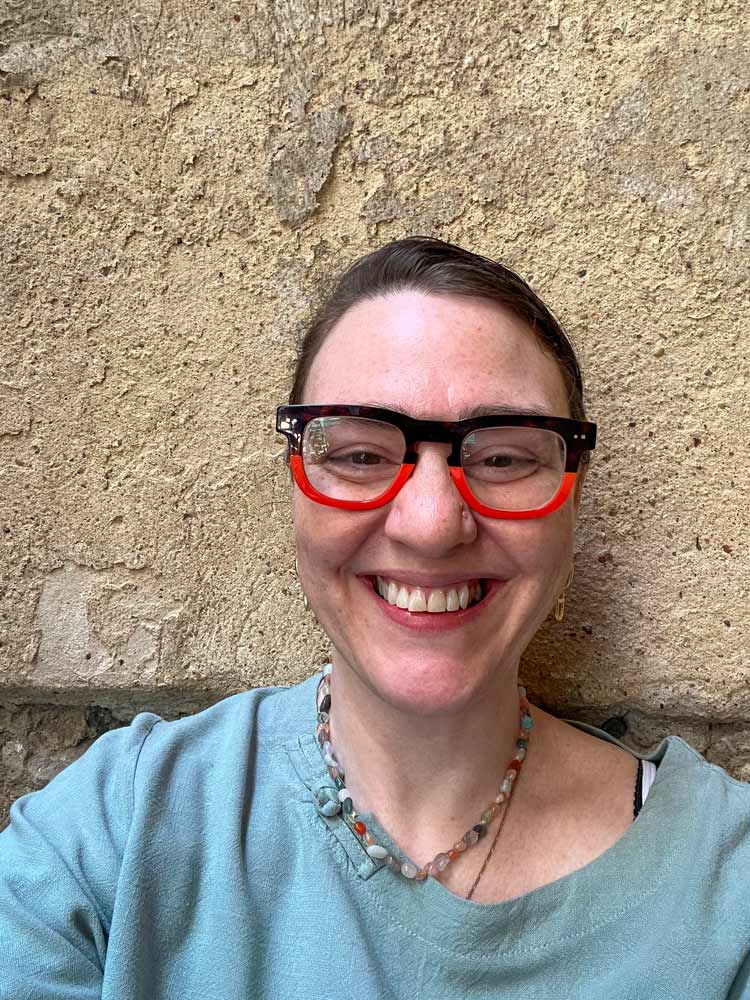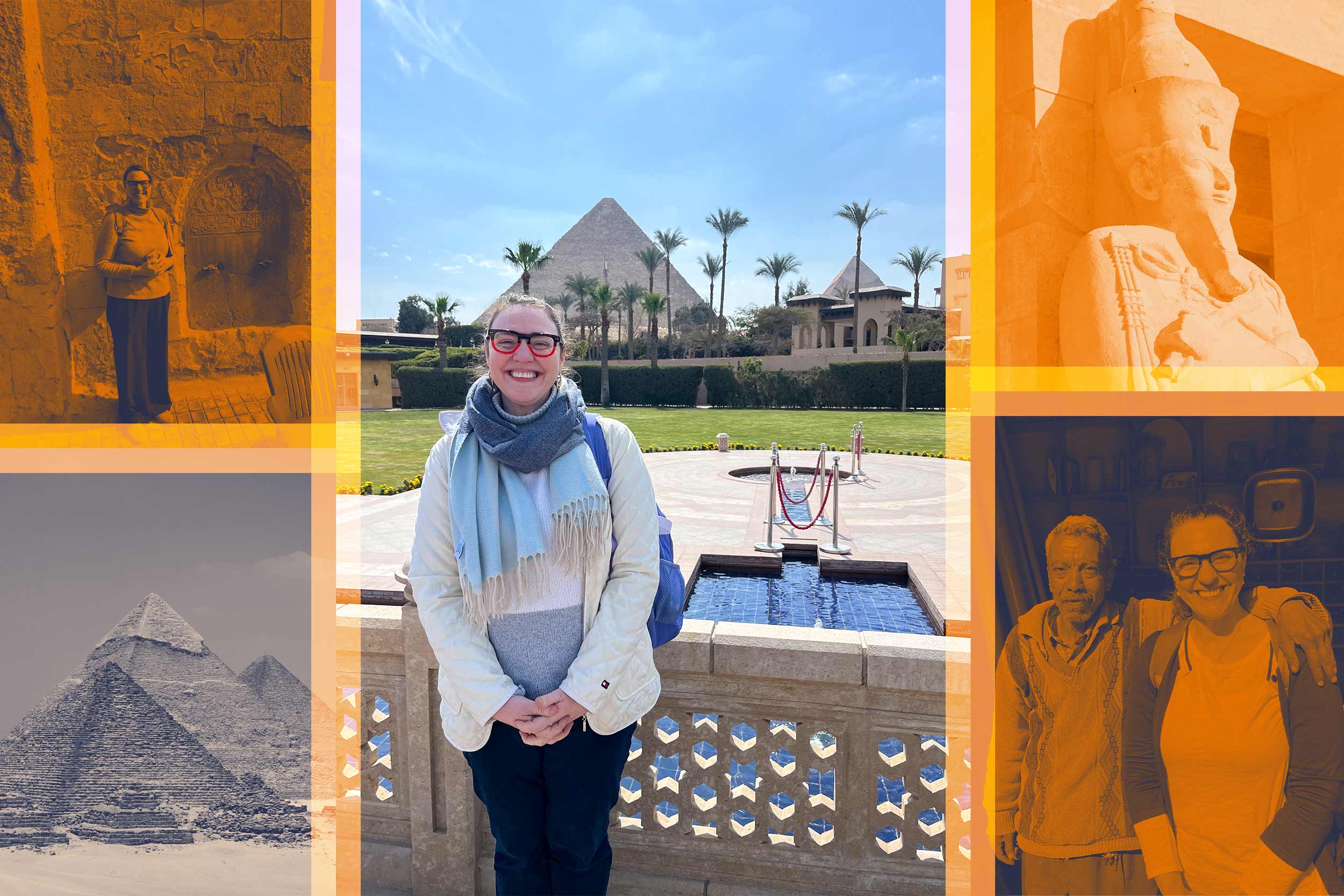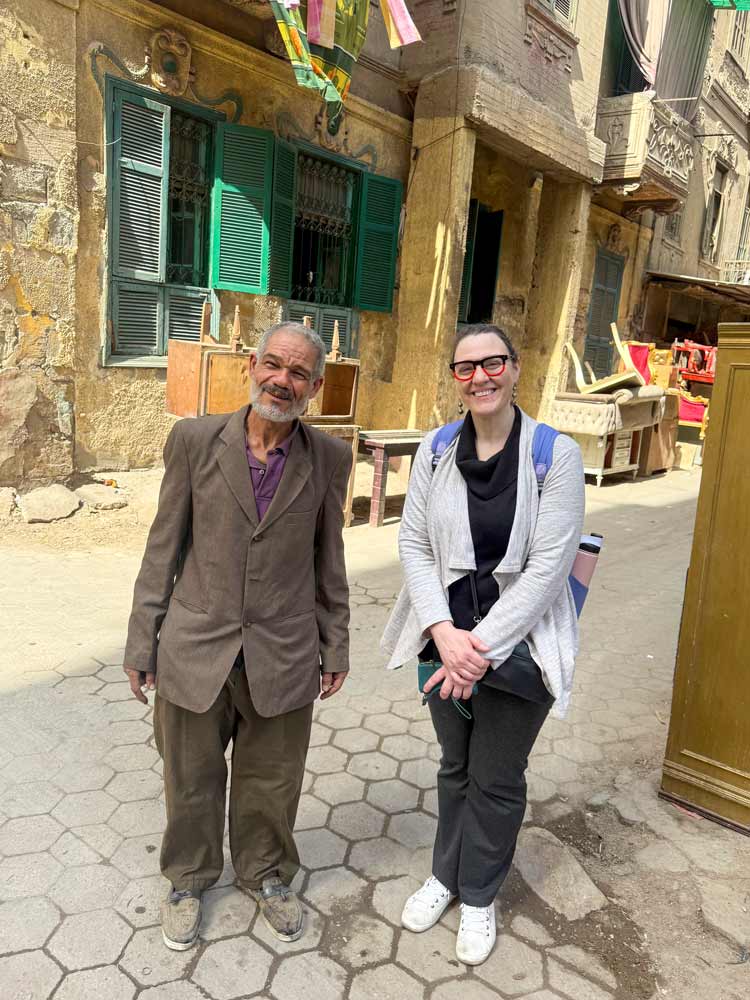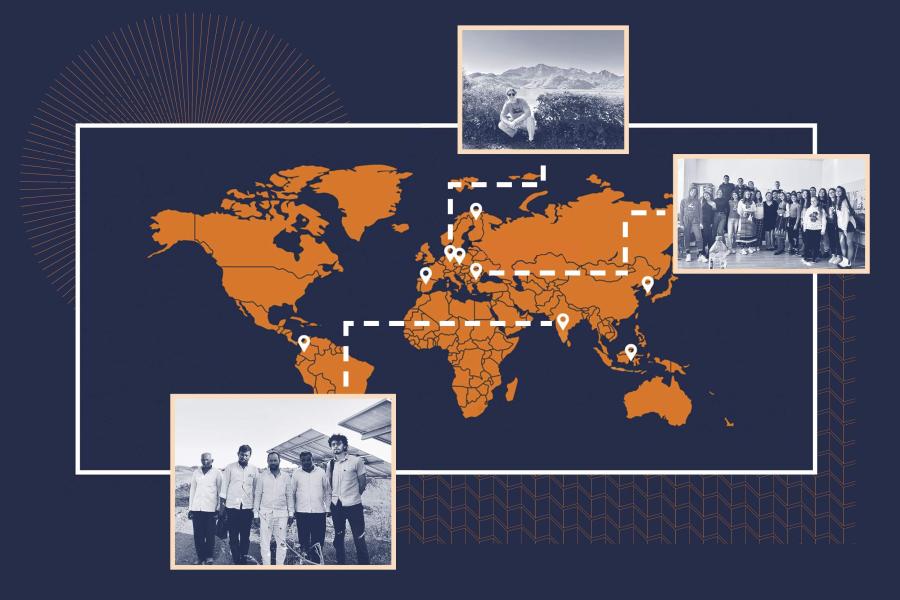Tessa Farmer is newly returned to the University of Virginia to teach anthropology and global studies after spending the last 5 1/2 months in Egypt through the Fulbright U.S. Scholar Program.

Farmer focuses on water, social relations and Egypt – knowledge she expanded upon during her five-month stay researching in Al-Khalifa. (Contributed photo)
Farmer is an associate professor of anthropology and global studies at UVA. Her first book, “Well-Connected: Everyday Water Practices in Cairo,” examines how lower-income residents of Cairo obtain water and cope with the ramifications of sewage in their urban environments.
Building off her research, she spent her time in Egypt working with Athar Lina Initiative, a cluster of community organizations in Cairo’s historic Al-Khalifa neighborhood, to figure out how to reuse neighborhood water resources in efficient ways.
“One of the challenges they’ve found in doing restoration of buildings is leaked potable water that creates problems for foundations of contemporary buildings and damages historic buildings,” she said. “After testing the water, they found relatively low levels of contaminants and found it was usable with some minor treatment.”
Athar Lina, which translates to “the heritage is ours,” has been working in Al-Khalifa for more than a decade. Farmer has collaborated with them since 2021 and took a greater role during her Fulbright tenure.
As the organization plans creative ways to reuse the water in the neighborhood, Farmer’s principal role was to do ethnographic research in the community to investigate how Athar Lina’s work can best overlap with community needs.











